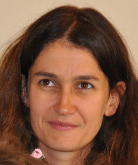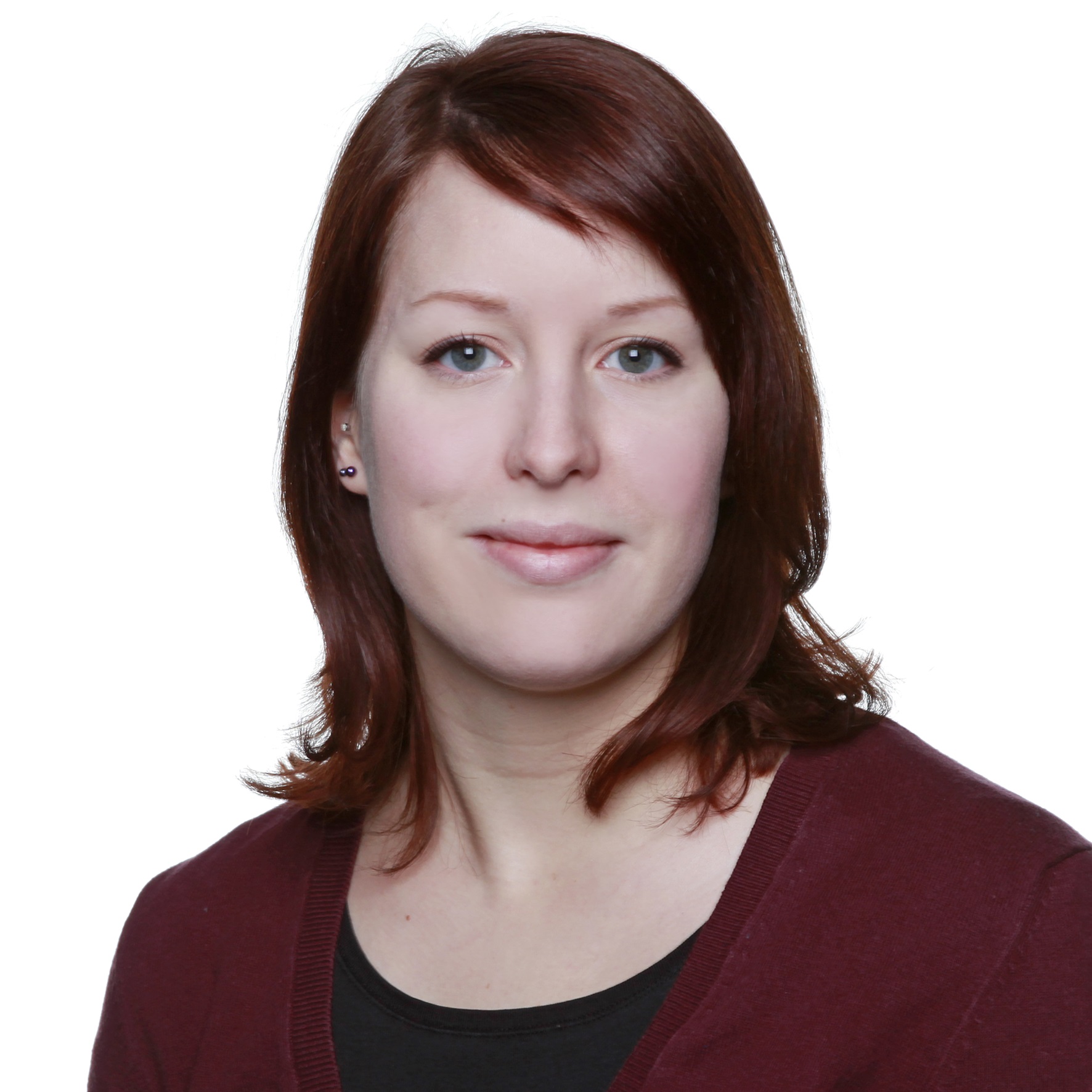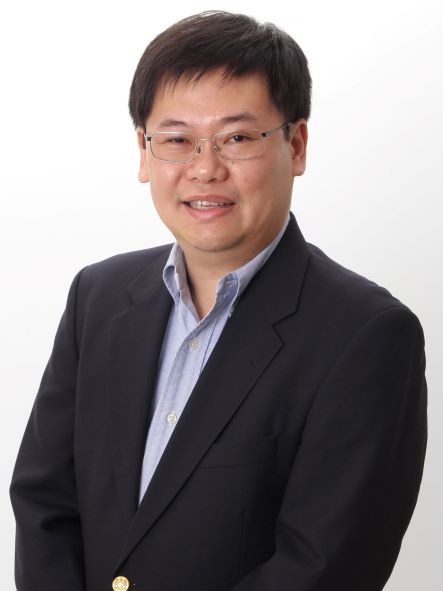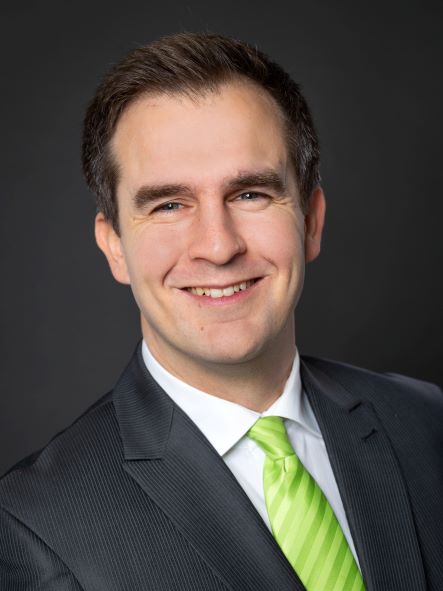 | Olivier A. Bauchau, University of Maryland – Configurational Forces in Variable-Length Beams for Flexible Multibody Dynamics
Olivier Bauchau earned his B.S. degree in engineering from the State University at Liège, Belgium, and M.S. and Ph.D. degrees from the Massachusetts Institute of Technology. He is the Igor Sikorsky Professor of Rotorcraft at the Department of Aerospace Engineering of the University of Maryland. His fields of expertise include finite-element methods for structural and multibody dynamics, rotorcraft and wind turbine comprehensive analysis, and experimental mechanics and dynamics. He is a Fellow of the American Society of Mechanical Engineers, a Technical Fellow of the American Helicopter Society, and Fellow of the American Institute of Aeronautics and Astronautics. He has authored a book entitled Flexible Multibody Dynamics, which has won the 2012 Textbook Excellence Award from the Text and Academic Authors Association. |
 | Florence Bertails-Descoubes, INRIA Grenoble Rhône-Alpes – Simulating fibre assemblies: from Hollywood illusions to physical predictions
Florence Bertails-Descoubes is senior researcher (‘Directrice de Recherche’) at INRIA in Grenoble, France. Since October 2017, she is heading the new Elan team focussed on numerical modeling of complex mechanical phenomena, and originally positioned across Computer Graphics and Computational Mechanics. Since 2021 she is serving as an Associate Editor of ACM Transactions on Graphics. In 2014 she has been awarded a prestigious Starting Grant from the European Research Council (GEM, 2015 – 2022), to work on the inverse design of slender elastic structures subject to contact and friction. Before, she was member of the BiPop research group, specialized in the modeling and simulation of nonsmooth dynamic phenomena. In 2006 – 2007, she was post-doc at the IMAGER Lab of the University of British Columbia in Vancouver. |
 | Peter Betsch, Karlsruhe Instute of Technology – Inverse Dynamics of Geometrically Exact Strings and Beams
Peter Betsch is professor of mechanics at the Karlsruhe Institute of Technology (KIT). His main research interests lie in the field of computational mechanics with focus on nonlinear structural and continuum mechanics, flexible multibody dynamics, coupled problems, finite element technology, optimal control, and inverse dynamics problems. In this connection, he is particularly interested in the design of structure-preserving numerical methods. He earned his Diploma degree in Aerospace Engineering from the University of Stuttgart in 1991, his Doctor degree from the University of Hanover in 1996 and, after a post-doc stay at the University of California at Berkeley in 1997, finished his Habilitation degree at the University of Kaiserslautern in 2002. In 2003 he was appointed full professor of computational mechanics at the University of Siegen before he moved to KIT in 2013. |
 | Vanessa Dörlich, Fraunhofer Institute for Industrial Mathematics ITWM – Experiments and constitutive models for cable structures in the automotive industry
Vanessa Dörlich is post-doctoral researcher in the department Mathematics for the Digital Factory at Fraunhofer Institute for Industrial Mathematics, Kaiserslautern Germany. After completing her B.Sc. in Material Science at University of and her M.Sc. in Material Science and Engineering at University of Saarland, she took up her research on experiments and constitutive models for inelastic cable structures in her doctoral studies. She earned her Ph.D. in 2020 and has continued working on the topic since with a focus on application oriented constitutive modelling. This includes identification of model parameters based on experiments for flexible slender structures as well as mesoscopic modelling approaches to gain a deeper understanding of effect contributing to inelastic behavior of cable and cable-like structures. |
 | Michel Géradin, University of Liège and Technical University of Munich – How relaxation of compatibility in time can simplify the floating frame of reference formulation in flexible multibody dynamics
Michel Géradin earned his B.S. degree in engineering from the State University of Liège, Belgium in 1967 and his Ph.D. degree from the same institution in 1972. His fields of expertise include structural dynamics, flexible multibody dynamics and finite element analysis. He has been Professor in Mechanical and Aerospace Engineering at the University of Liège from 1979 to 1997. He joined in 1997 the JRC of the European Commission (Ispra, Italy) as Unit Head of the European Laboratory for Structural Assessment and retired in 2010. He pursued research activity after retirement thanks to the von Humboldt Research Award in 2013 and the Hans Fischer Senior Fellowship from the Institute for Advanced Study at the Technical University of Munich in 2019. |
 | Melvin Leok, University of California San Diego – Group-Equivariant and Cochain Projection Based Variational Discretizations of Lagrangian PDEs
Melvin Leok is professor of mathematics and co-director of the CSME graduate program at the University of California, San Diego. His research interests are in computational geometric mechanics, computational geometric control theory, discrete geometry, and structure-preserving numerical schemes, and particularly how these subjects relate to systems with symmetry. He received his Ph.D. in 2004 from the California Institute of Technology under the direction of Jerrold Marsden. He is a Simons Fellow in Mathematics, a three-time NAS Kavli Frontiers of Science Fellow, and has received the DoD Newton Award for Transformative Ideas, the NSF Faculty Early Career Development (CAREER) award, the SciCADE New Talent Prize, the SIAM Student Paper Prize, and the Leslie Fox Prize (second prize) in Numerical Analysis. He has given plenary talks at several prestigious events and serves on the editorial or advisory boards of a number of highly reputable scientific journals.
|
 | Christoph Meier, Technical University of Munich – Generalized Interaction Potentials in the Geometrically Exact Beam Theory
Christoph Meier received his PhD from TU Munich in 2016, focussing on finite-element formulations for highly slender beams and their interactions. From 2016 to 2018 he stayed as postdoc at the Mechanosynthesis Group at MIT, where he worked on modelling and simulation approaches for additive manufacturing (AM) processes, which is a second core topic of his research. Since 2018 Christoph Meier is lecturer, deputy head of institute and leader of the AM group at the Institute for Computational Mechanics at TU Munich. He received various awards, including the Dr.-Klaus-Körper Prize for the Best PhD Thesis of 2016 in the Fields of Applied Mathematics and Mechanics (International Association of Applied Mathematics and Mechanics, GAMM), the Rudolf Schmidt-Burkhardt Memorial Prize of TU Munich, the Teaching Award of the Bavarian State Government as well as scholarships, e.g., from the German Academic Exchange Service (DAAD) and from GAMM. |
 | Valentin Sonneville, Technical University of Munich – Using the Special Euclidean Group to Model Flexible Multybody Systems
Valentin Sonneville is post-doctoral researcher at the chair of applied mechanics of the Technical University of Munich where he collaborates with Michel Géradin and Daniel Rixen on the development of efficient formulations and numerical methods for the simulation of flexible multibody systems, including robotic manipulators, rotatory machines, and deployable space structures. He obtained his Ph.D. in 2015 from the Multibody and Mechatronic Systems Lab of the University of Liège under the supervision of Olivier Brüls then worked with Olivier Bauchau for three years as a post-doctoral researcher at the aerospace engineering department of the University of Maryland. In 2018, he received the Prix August Sacré of the Académie royale de Belgique for his contribution to the field of flexible mechanisms. |

